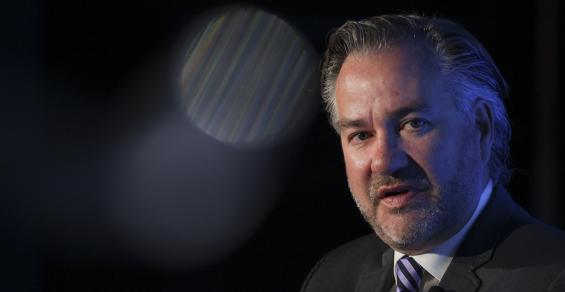CEO estimates Belarus potash exports have halved since 2021, Russian exports down as much as 25%.
By Elizabeth Elkin
The top executive of the world’s largest fertilizer company sees a worldwide shortage of agricultural inputs ahead as “export challenges” keep Russia and Belarus supplies from reaching global markets.
“Russia and Belarus are just enormous producers of fertilizer,” Nutrien Ltd. Chief Executive Officer Ken Seitz said Thursday in an interview at Bloomberg’s New York headquarters. “There are export challenges in the region. That’s certainly going to have a material impact on the markets.”
Two of the biggest producing nations of potash — a key type of fertilizer — ended up exporting less due to trade restrictions and war. Seitz sees shipments from Belarus being at least half of those in 2021, after earlier expecting them to be down by one third to two thirds. The CEO estimates that Russia’s exports are down as much as 25%.
“The world is going to have to look to the other breadbaskets of the world to fill that supply gap for food,” he said.
Fertilizer prices are falling from the highest levels seen in years as farmers postpone purchases to await lower prices, creating gluts that are upending the market for crop inputs. It’s a reversal from earlier this year when prices surged after Russia’s invasion of Ukraine threw the world’s crop-nutrient sector into disarray. Potash has also seen price increases because of sanctions on Belarus.
Still, farmers worldwide will need to restock nutrients after they applied most of their stored product this year. Seitz sees global shortfalls lingering well into next year.
“For 2023, we really don’t see any reason why that would change,” he said. “As we watch the trade flows now — especially given where potash prices are at and have been — those producers are looking for every outlet that they can find and that they’ve now exhausted those outlets.”
(C) 2022 Bloomberg L.P.




